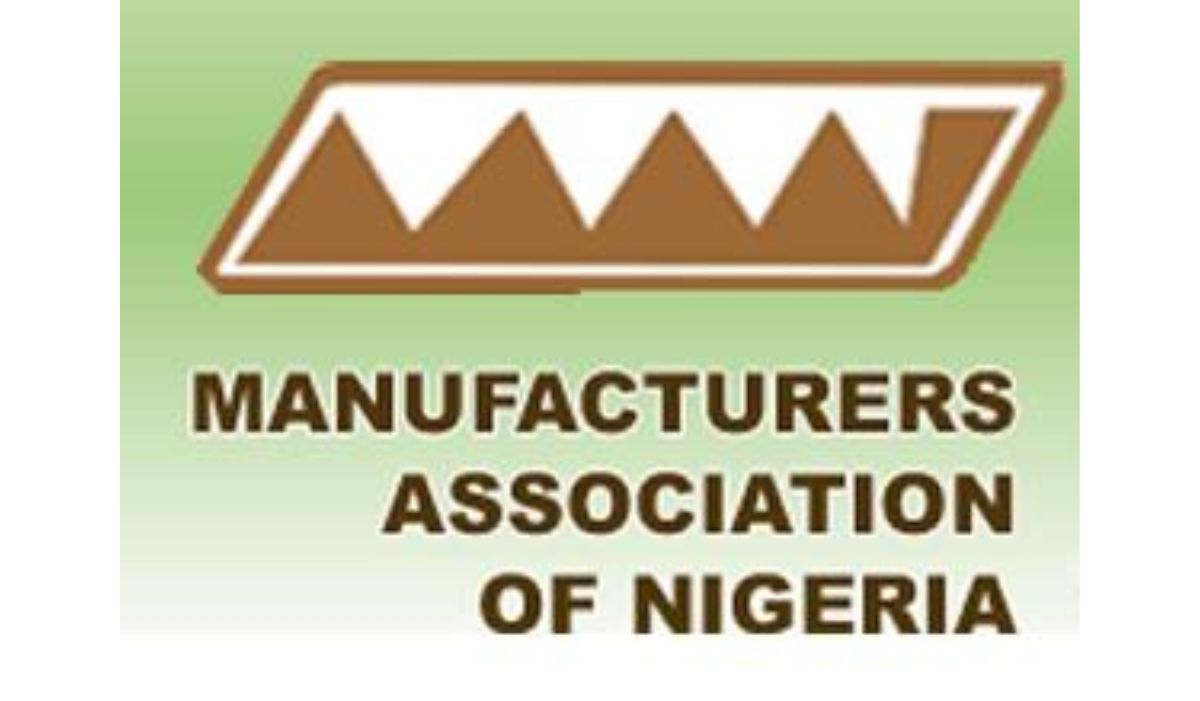Nigerian Manufacturers Raise Alarm Over Reintroduction of 4% FOB Charge on Imports

The Manufacturers Association of Nigeria (MAN) has expressed deep concern over the Federal Government’s decision to reintroduce a 4% Free-on-Board (FOB) charge on imports, effective August 4, 2025.
In a statement sent to news.ng, the association warned that the policy could significantly raise production costs and worsen inflation in the country.
According to Segun Ajayi-Kadir, Director-General of MAN, the new levy replaces the previous regime of a 1% Comprehensive Import Supervision Scheme (CISS) and a 7% cost-of-collection fee. He described the move as unexpected, coming months after the government had earlier suspended the charge following widespread stakeholder opposition.
“The Manufacturers Association of Nigeria (MAN) is gravely concerned over the apparent reintroduction of the 4% Free-on-Board charge on imports, effective August 4, 2025. This came as a surprise, as the charge was commendably suspended by the Federal Government, following the overwhelming condemnation of the charge by virtually all stakeholders, who rightly opined that it was ill-timed and would certainly lead to an instant escalation of the cost of imports,” Ajayi-Kadir stated.
He warned that the measure would negatively impact manufacturers, who rely heavily on imported raw materials, machinery, and spare parts not readily available locally.
“For high-value imports such as raw materials and machinery, this will result in a significant net increase in cost and exacerbate the financial burden on manufacturers. In fact, costs associated with the 4% FOB charge will generally increase the import cost of raw materials not available locally above the N6.6 trillion recorded in 2024. Clearly, the cost will be passed on to consumers, and this will fuel inflation, which already stands at 21.88% as of July 2025,” he explained.
The association also raised concerns about the persistent malfunction of the Nigeria Customs Service (NCS) B’Odogwu platform, which has disrupted cargo clearance and caused delays at ports.
“The prolonged glitch with the B’Odogwu platform of the Nigeria Customs Service (NCS) has rendered the process of clearing goods at the ports comatose, with our members incurring demurrage and suffering stock-outs in their factories,” Ajayi-Kadir noted, adding that inefficiencies were further compounded by poor integration with other trade agencies.
MAN emphasised that while it supports the government’s drive to streamline trade and improve transparency, the implementation of the 4% FOB levy runs contrary to these goals.
“The notion that the charge streamlines previous multiple charges and reduces the cost of cargo clearance does not correspond with reality. The fact is that the cost burden of the 4% charge on manufacturing concern is enormously higher than the combined effect of 7% surcharge and 1% CISS levy,” he said.
The group argued that comparator economies in West Africa, including Ghana, Côte d’Ivoire, and Senegal, maintain import levies within the 0.5%–1% FOB range, whereas Nigeria’s uniform 4% levy could drive informal trade, cargo diversion, and under-declaration.
Ajayi-Kadir further cautioned that the policy contradicts the government’s industrialisation agenda, the National Development Plan (2021–2025), and the Renewed Hope initiatives aimed at reducing production costs and encouraging economic diversification.
“The introduction of the 4% FOB charge with its attendant consequence runs against the objectives of the relevant pillars of the Renewed Hope Agenda of Government,” he stressed.
To mitigate the impact, MAN urged the government to immediately suspend the levy and adopt a consultative approach with stakeholders. The association proposed maintaining the current 1% CISS + 7% collection fee structure until a comprehensive assessment is carried out.
“We implore the Federal Government and the Nigeria Customs Service to halt the implementation of the 4% FOB charge and set a timeframe ending on the 31st of December 2025 for impact assessment and inclusive stakeholders’ consultation,” Ajayi-Kadir said.
He added that prioritising trade facilitation over aggressive revenue generation is crucial to sustaining Nigeria’s manufacturing sector.
“Truth be told, the future of the Nigerian economy highly depends on its capacity to upscale production, improve export of manufactured products and enhance steady inflow of foreign exchange and investment. Of course, this can only be actualised if the challenges limiting the performance of the sector are frontally addressed,” he concluded.





